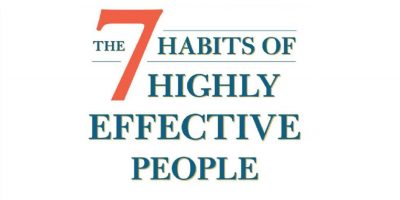Stephen Covey’s “The 7 Habits of Highly Effective People” has become a productivity and self-help classic. Even though the book is celebrating the 30th anniversary edition in 2020, Covey’s advice is still helping millions become more effective in their daily lives. As the title implies, it’s all about adopting the right habits – seven particular habits. He also focuses on changing your character and how you view yourself and the world.
Since it is about seven habits, I’m breaking this summary down to highlight each habit. Of course, to get the full effect, definitely read “The 7 Habits of Highly Effective People” yourself for all of Covey’s wisdom and guidance.
1. Be Proactive
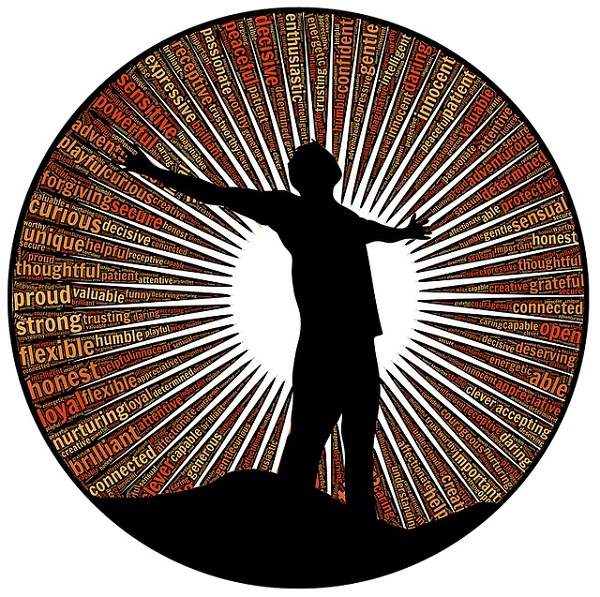
Being proactive focuses on taking responsibility for what you can control in life rather than on what you can’t. It involves looking at your values and living your life based on those. The most important part is to be true to your commitments, including those to yourself. So if you want to feel better, commit to that to become a better you.
2. Begin With the End in Mind

This habit is known as the funeral test. Covey asks readers to think about how they want to be remembered. This involves your character, achievements, and core values. Then, use this description of who you really want to be to lead you to making more proactive choices about how you live your life. If you start living now based on how you want to be remembered, you’ll find that you are that person when the end comes.
3. Put First Things First
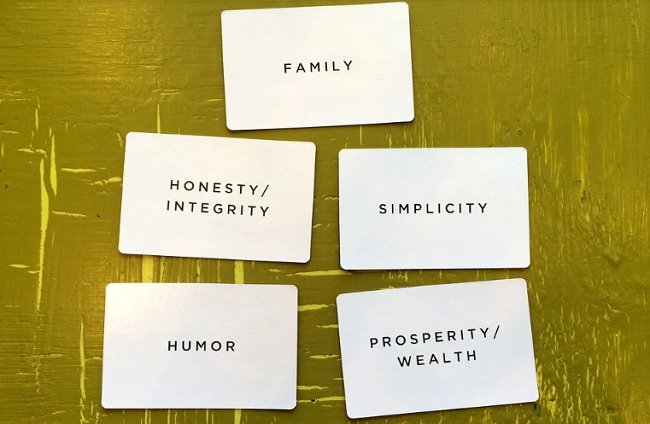
Covey builds upon the first two habits with “put first things first.” It’s not necessarily about time management and is more about willpower. You’re tasked to prioritize things in your life based more around importance than urgency. This habit has you prioritizing tasks that help you become that person you envisioned in the funeral test. You’re guided on having a stronger will that overpowers impulse.
4. Think Win-Win
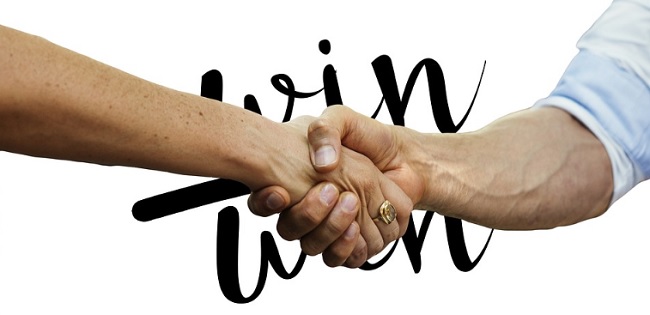
“The 7 Habits of Highly Effective People” doesn’t just focus on individuals – it focuses on relationships as well. That’s why it’s such a powerful leadership book, too. While there are six outcomes of most human interactions, Covey encourages you to try for win-win scenarios. In any other outcome, the relationship is damaged. Everyone gets what they want, even if there’s a compromise. This helps you get out of the trying to please everyone or must win at all cost mentalities.
5. Seek First to Understand, Then to Be Understood
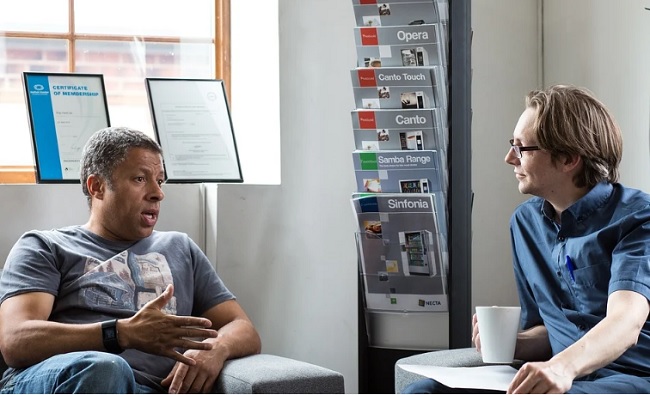
It’s easy to jump in and give advice, but do you really understand what the other person is going through? Covey dives into showing more empathy and listening better. He points out that you can’t really help others unless you work to understand them. He calls it empathetic listening, focusing on not just listening but understanding the emotion behind the problem.
6. Synergize

Synergy can be one of your greatest tools in life. Covey thinks so too. Synergize combines all you’ve done so far. You have to step away from what you know and be willing to be open to what others have to say and what they think. By being more open, you open yourself up to more ideas. It’s only by working together that you become stronger and are able to be more effective. Your own openness and trust inspires the same in others.
7. Sharpen the Saw

The final habit is my personal favorite. Sharpening the saw means focusing on renewing yourself. This renewal pushes out a lot of negative in your life to better embrace the other six habits. It’s not just one aspect of yourself either. Covey asks you to focus on physical, spiritual, mental, and social renewal. He suggests things like exercise, journaling, meditation, and understanding others.
All seven habits together lead you to a deeper understanding of yourself and others. This makes you more effective in your daily life, interactions, work, and hobbies. While they take some time to master, it’s well worth going through the exercises in “The 7 Habits of Highly Effective People” to change the way you see yourself and others.
